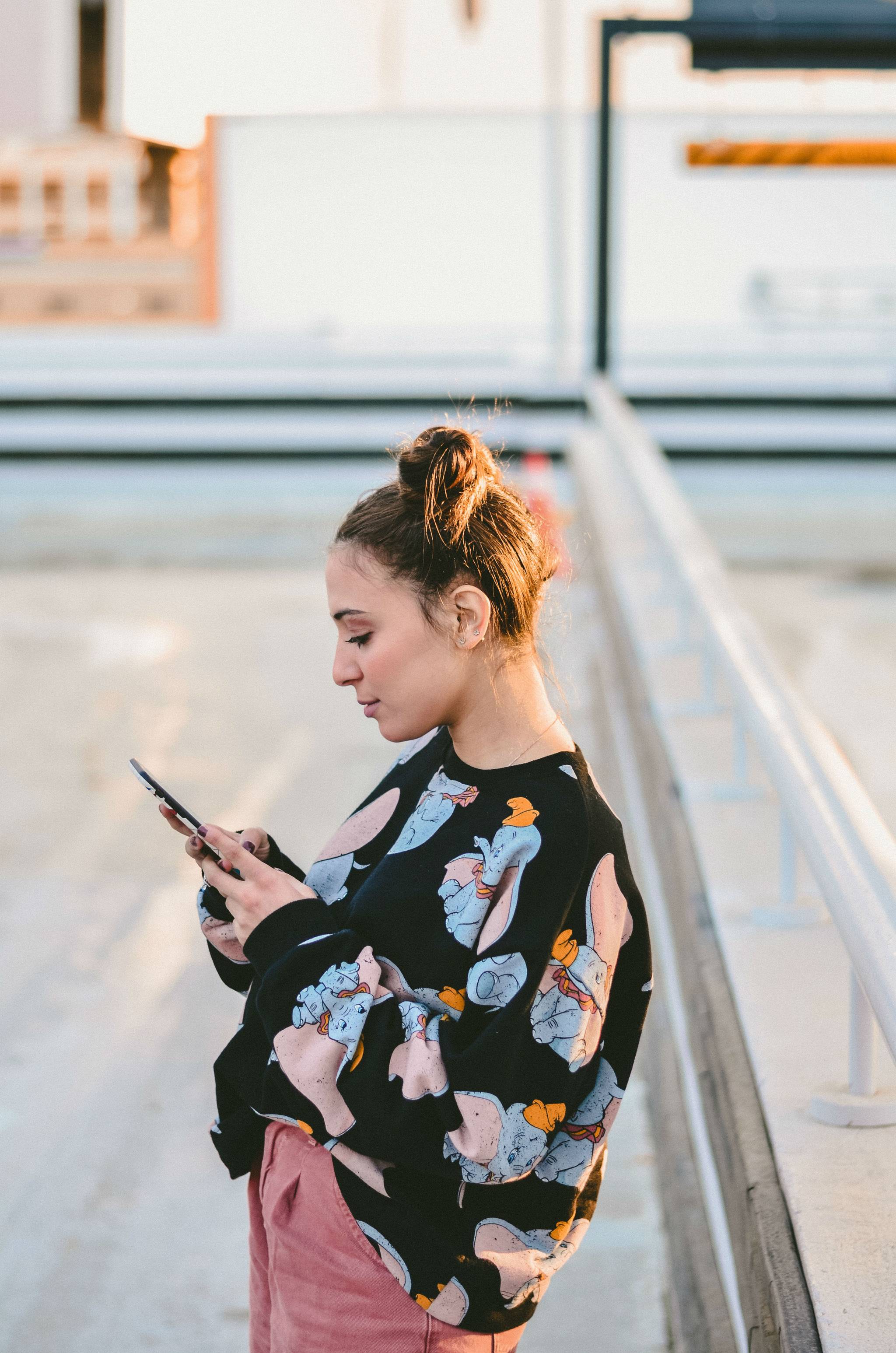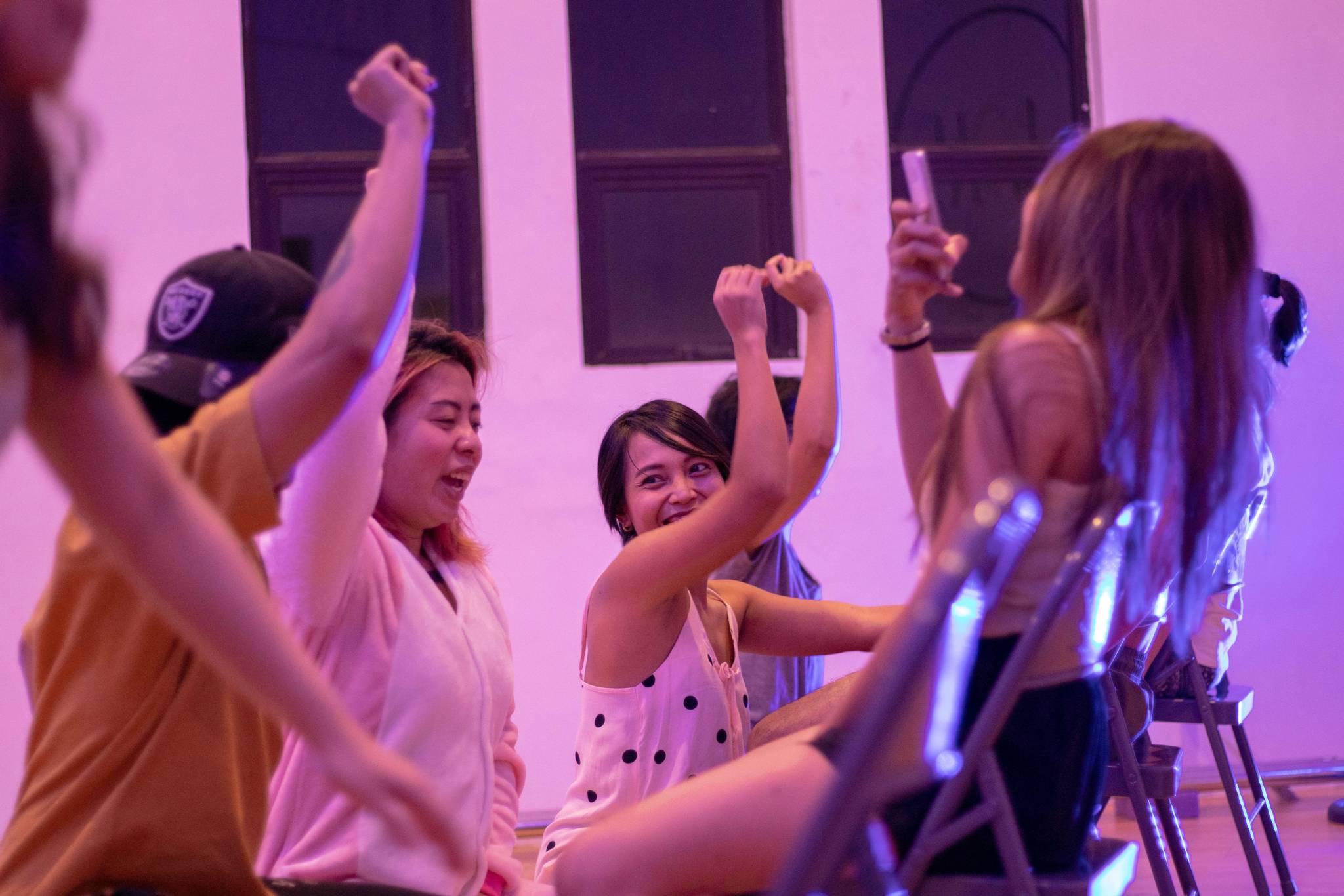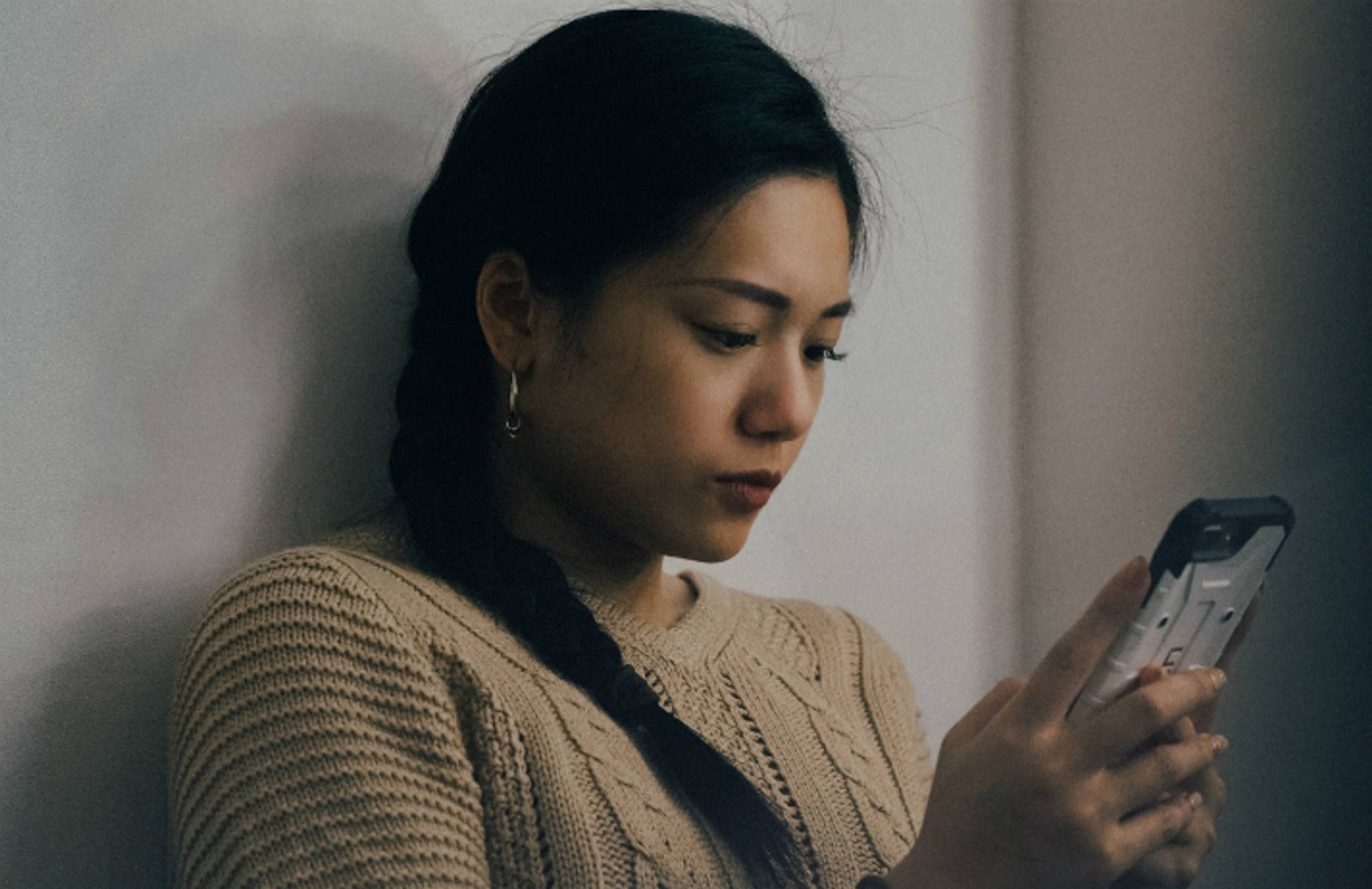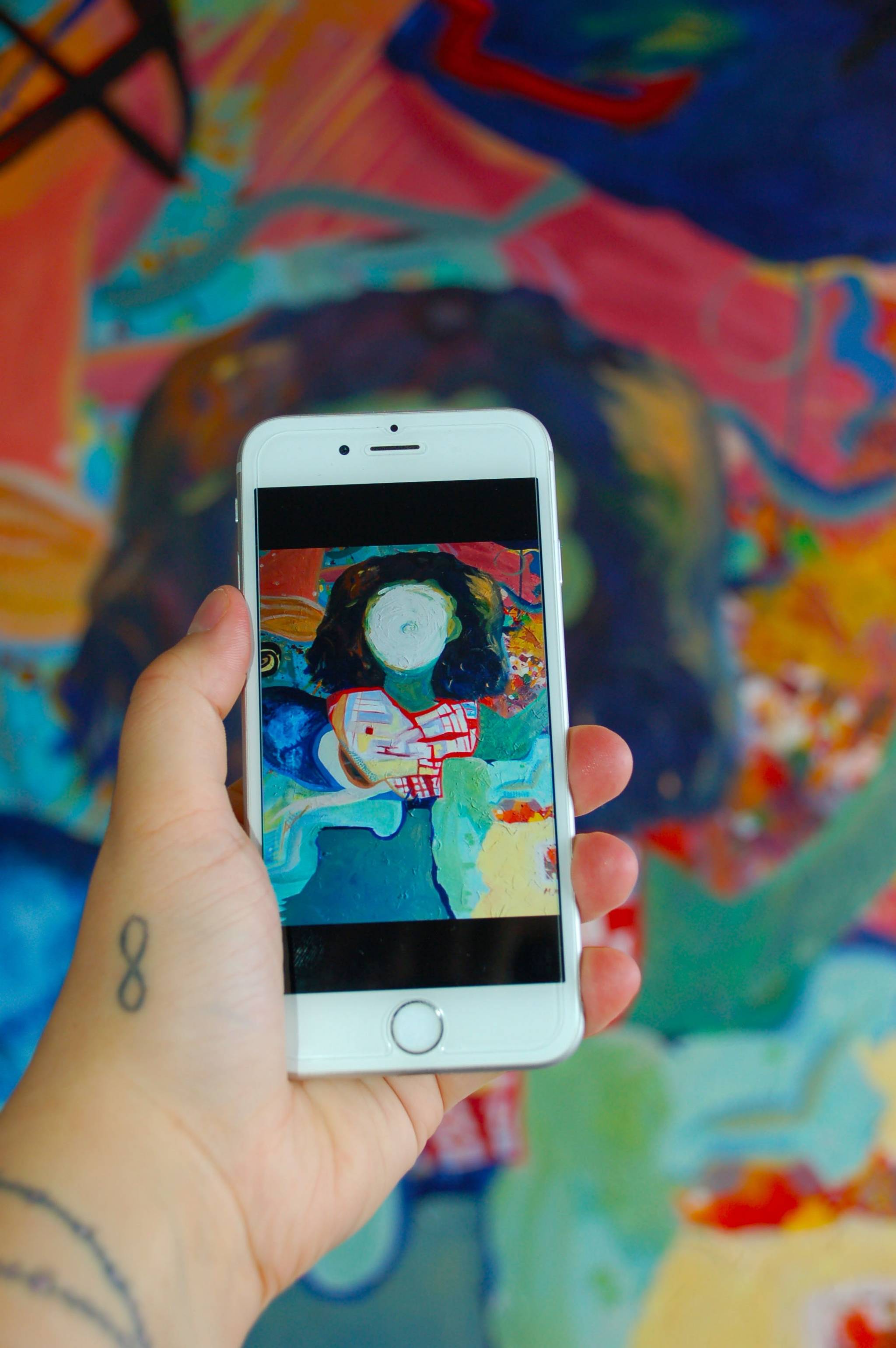
First there were Finstas and hidden Twitter accounts. Now, younger generations are reclaiming TikTok with fake accounts. We explore the insights behind this and why Gen Zers are tackling online pressure with FikFoks.
A proliferation of fake TikTok accounts, aka FikFoks, have popped up on the social media app. These accounts provide a platform for teens to express themselves without worrying about how they're received by other people - and they're a testament to Gen Z influencers taking back their online space to be normal teens, due to the pressures of their main accounts transforming into professional ones.
The 'FikFok' movement is being spearheaded by an influencer named Sam Andrews. With over 2.4 million followers, Sam (@samueljeffresonandrews) gained recognition through comedy skits and TikTalks, where he discusses what’s going on globally. Although he's not the first to create a fake TikTok account, his reasoning behind doing so stands out. “I was getting trapped in a box on my main [account],” he says. He made @samsfikfok as a solution, documenting his daily routine without planning or second-guessing it. The point of the account is to show who he really is: a regular 18-year-old student.
With growing interest in TikTok’s top content creators, the need to escape from the pressures are inevitable. The effects and mental weight of such exposure affects influencers as well as the influenced. In fact, 57% of 16- to 25-year-olds claim that social media creates an overwhelming pressure to succeed. And 48% of them feel anxious about their future when they compare themselves to others online. However, a survey from the UC Berkeley School of Information shows there are far fewer fake accounts than official ones. In a climate in which mental health is openly discussed and people seek safe spaces to be themselves, brands are taking measures to protect their users, like Snapchat's 'Here for You' support tool.
Ope Oduwole is a Junior Behavioural Analyst at Canvas8. He has a degree in English and Philosophy from the University of Nottingham and leans on the inquisitive nature of his studies. With an avid interest in all things creative, if he’s not at a concert or poetry reading, he’s buried inside a book with a cup of green tea.



